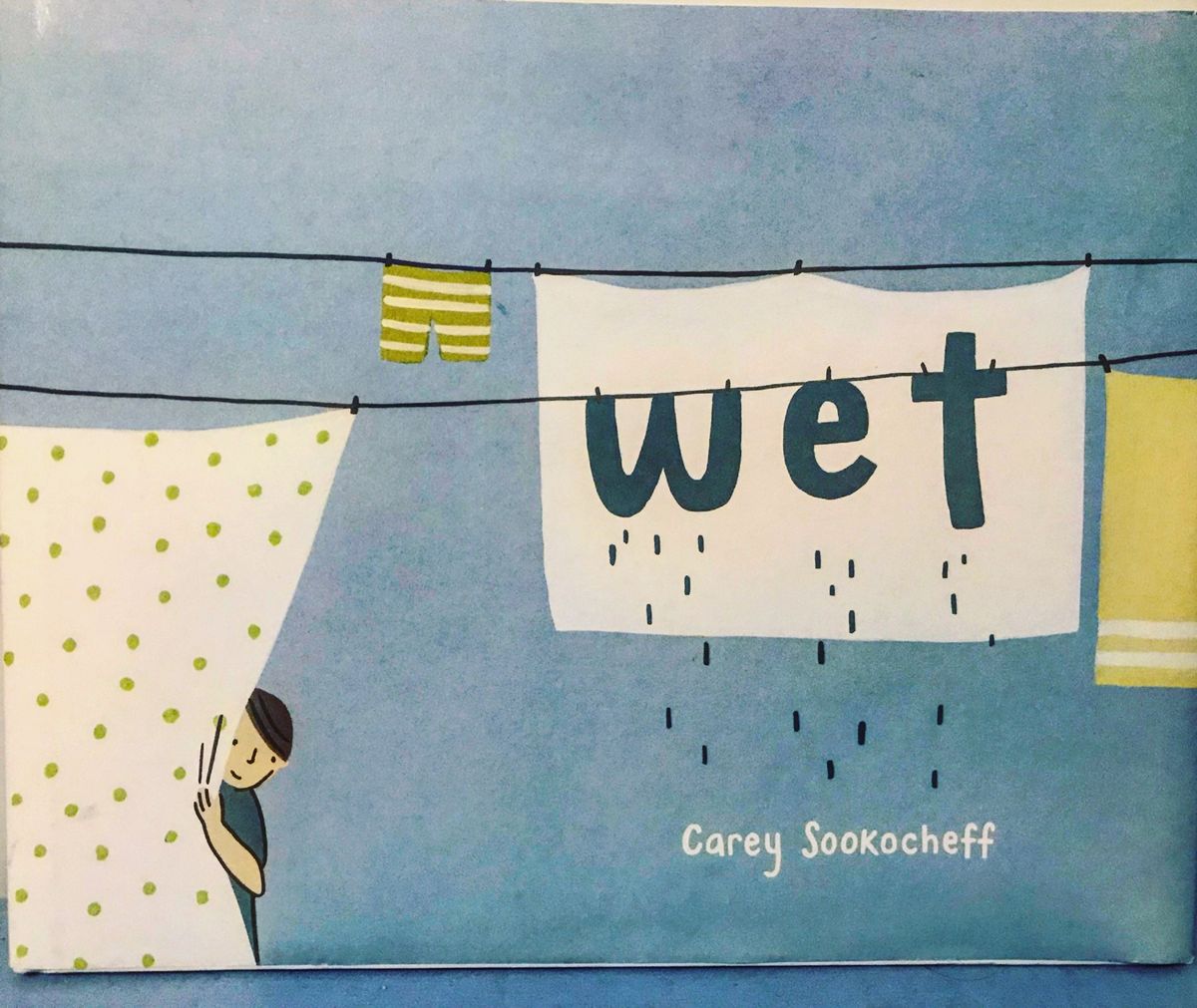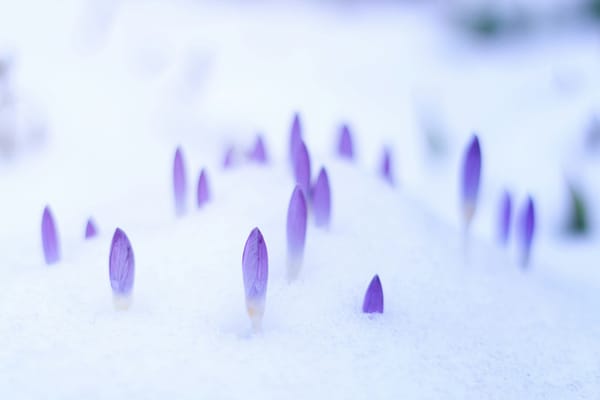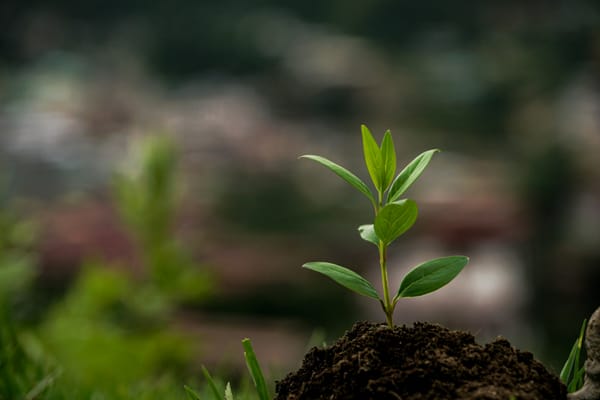Wet by Carey Sookocheff

Every reference to my childhood mischiefs entails a recollection by my maternal aunt of how I used to grab a mug of water and proceed to wash a handkerchief in the middle of the living room of my maternal grandparents’ home, a place that no longer exists in the physical world, the entire block of MIG (middle income group) apartments having long been razed to the ground and replaced with a new set of residential buildings where the family no longer lives, my grandmother herself having passed away the day before D arrived into this world and my grandfather now very old and ailing, perhaps simply waiting to join her on the other side, but the place remains in my memories as a long-last haven of childhood summers, the succulent smell of ripe mangoes intertwined with the summer air, their rich taste bursting like happiness on my tongue, the texture of sand and seawater on my feet, meals on banana leafs, the smell of vibhuti (holy ash) that my grandfather smeared all over himself after his morning bath and which made the house fragrant like a temple, and the ghost stories narrated by my grandmother at bedtime.
D is a child after my own heart. Ever since his first bath given by a nurse, as KrA and I assisted and learned how to bathe a newborn, at the Royal North Shore hospital in Sydney where he was born, water has had a soothing effect on him. Long before he turned a year old, D used to spend up to an hour everyday in the kitchen sink, transferring water from one utensil to another, sometimes twice a day. He learnt how to put his hand out of the balcony to determine whether or not it was drizzling when the rainfall is too fine to see. I believe his desire to run about in the splash-pad at Willowdale Park in North York was a significant motivation for him to learn how to walk. He took his first unassisted steps shortly after he turned one and hasn’t stood still since. Bath times have always been an endless source of joy for both father and child. When we moved to Burlington, he discovered the joys of beach life; this summer gone by was filled with evenings spent splashing about in the lake. When it didn’t rain for several days, D took to filling the bottom of our driveway with water to create his own puddle in which to jump about.
So it took me by surprise when D was extremely upset during his first Parent and Tot swimming class at Tansley Woods and refused to go back. He very willingly stepped into the pool holding KrA’s hands the first time, but when the floor gave way beneath him, he was petrified.
Wet by Carey Sookocheff came to the rescue. With simple illustrations, the author depicts the numerous ways a child encounters water and wetness in his everyday life. It begins with the child walking towards the pool, his feet all wet, and proceeding to enter the pool either very slowly or with a big splash. The week after D’s first swimming class, we went to the beach several times to help him rediscover the joys of water. And we also read Wet several times. The following week, a reading of Wet as we were getting ready to go the pool set the stage. I went with D into the pool and there has been no looking back ever since.
There are several illustrations in the book that D relates to. The cat sitting by the window watching it pour other cats and dogs outside, the child wearing a raincoat and the parent carrying an umbrella, water pooling on the bottom of the slide at the park after rainfall.
There are several other situations portrayed that D hasn’t experienced yet. Especially, the wet kisses that the child’s cat and dog shower on him at bedtime, when everything else is dry. D keeps asking us to bring a cat and a dog home. He has already chosen two names for his prospective dog. One is his own, and the other is Bobo, based on another book, “Bobo Goes To School” by Shirley Hughes.
A long long night ago, we read Wet after a long time, and D reiterated his demand for a cat and a dog at home.
“We’ll get a kitten and a pup first. And you can grow up with them,” I suggested. “Big kitten, big pup,” he said. “Well, a baby dog is called a pup, then it grows up to be a dog. Just as how you used to be a baby earlier when you were still learning how to walk and talk, now you are a little child, and when you grow up, you will be …” I fumbled here for the right word to use. Suddenly, terms like “boy” and “man” seemed very gender-specific, something we’ve been trying to avoid at home.
And I am very glad I paused to think because D filled the momentary hesitation with his own idea of what he’d be when he grows up.
“A horse,” he declared. I suppose that is a more transcendent aspiration than wanting to grow up to be like Mumma.




